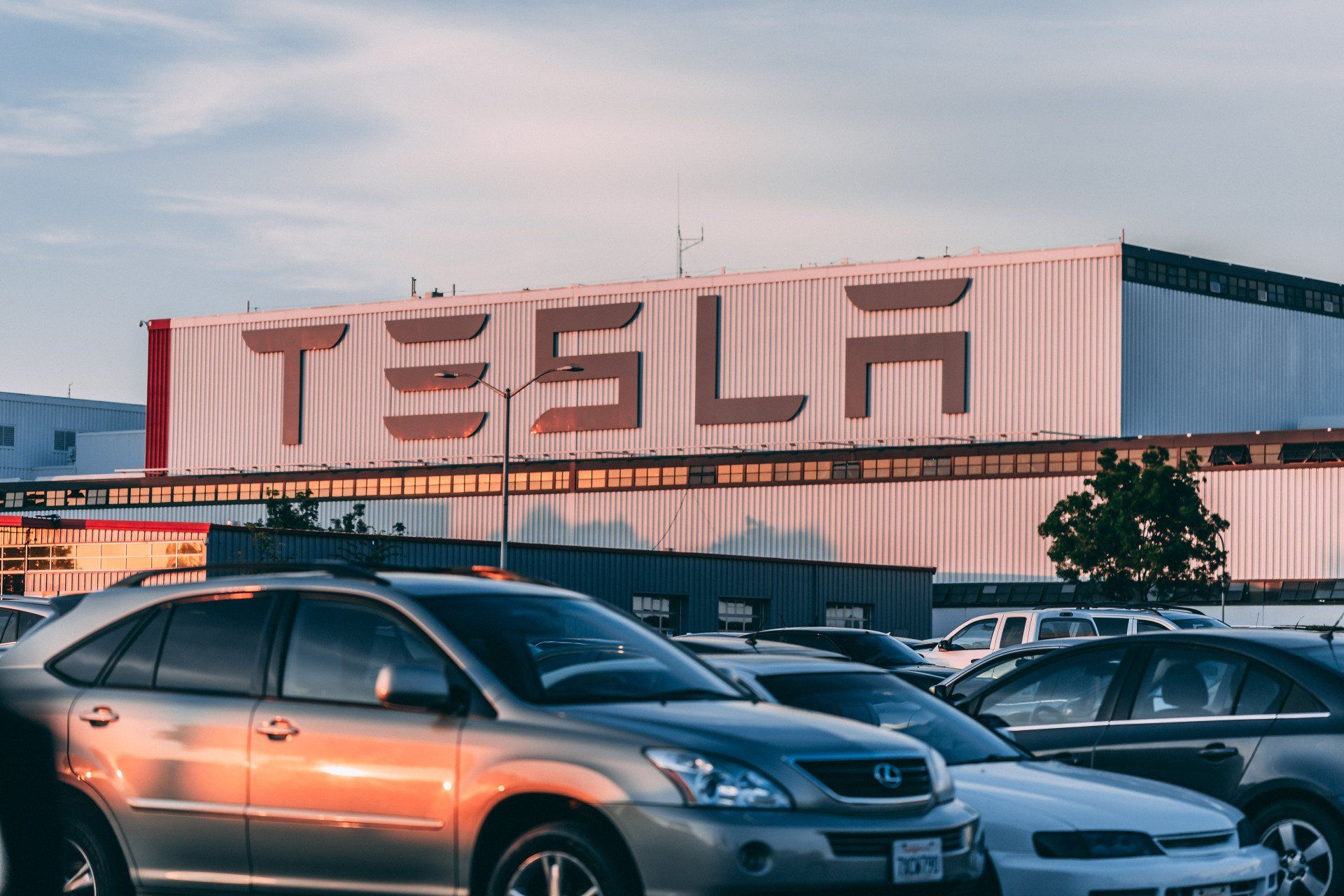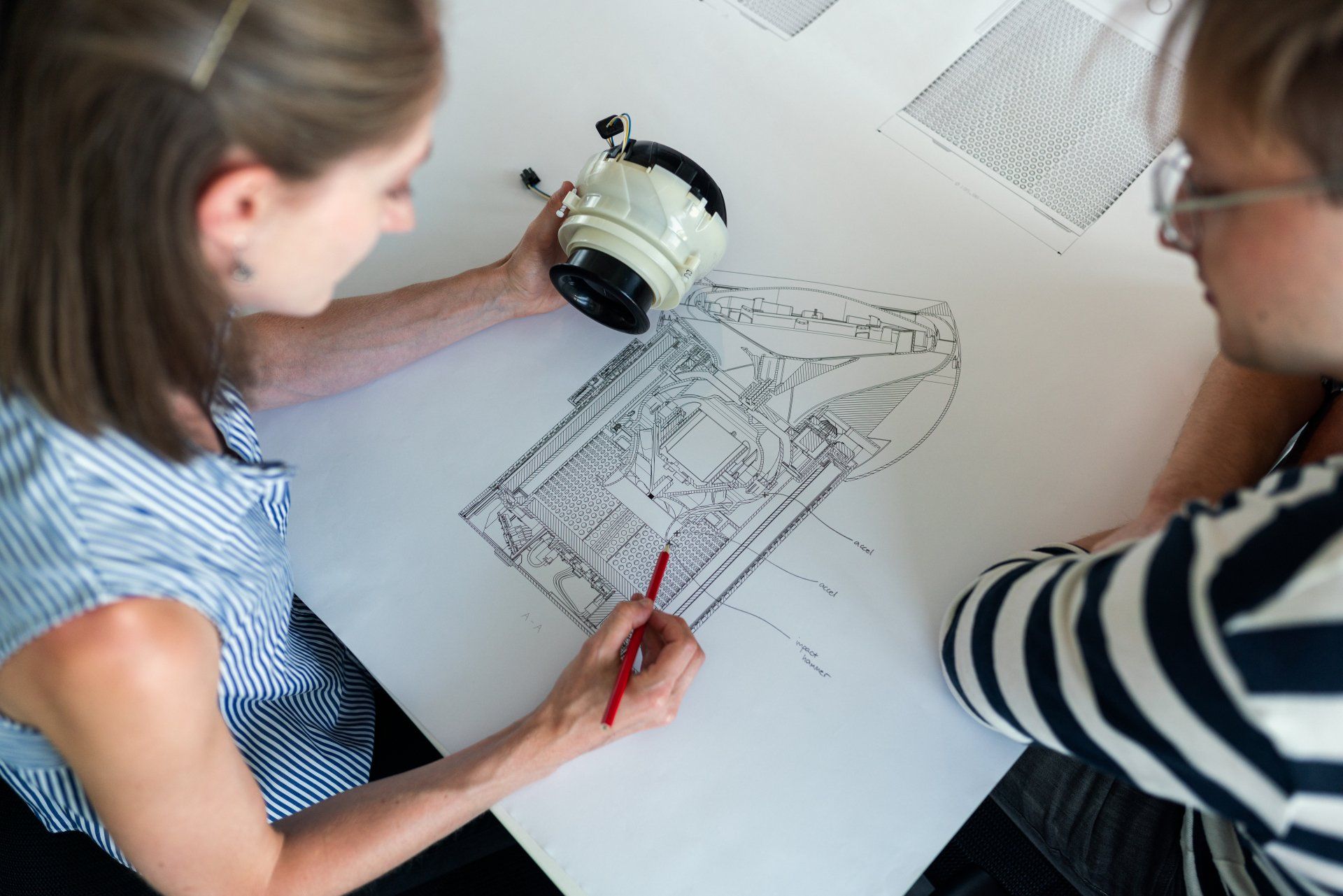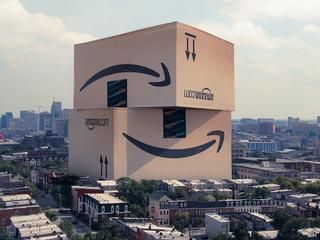Technology evolves at a rapid rate, but your own natural assets that can help your business thrive in an environment that moves at a breakneck rate are all you need.
The relentless march of technology waits for no one, sweeping through industries with the unyielding force of a tidal wave. Its pace, ever-accelerating, poses not merely an invitation but a mandate for businesses: adapt or face obsolescence. In this era of unparalleled change, the difference between thriving and merely surviving—or worse, vanishing—hinges on the ability of businesses to not only keep pace with technological evolution but to anticipate and harness it.
Consider the monumental shift from brick-and-mortar retail to e-commerce, the ascendancy of cloud computing over traditional data centers, or the disruptive force of artificial intelligence across sectors. These aren't mere trends; they're signposts of a transformation that reshapes how we live, work, and interact. Businesses that recognized these shifts early and adapted their strategies accordingly didn't just survive; they flourished, often becoming industry leaders.
Yet, the challenge is multifaceted. It's not enough to adopt new technologies as they emerge; companies must integrate them in ways that enhance efficiency, create value, and deliver unparalleled customer experiences. This requires a proactive stance—an innovation mindset that permeates every level of the organization. Companies must cultivate agility, fostering environments where experimentation is encouraged, and failure is seen as a stepping stone to innovation.
The capacity to adapt and innovate is deeply ingrained in the human spirit, a testament to our evolutionary heritage. Throughout history, our survival has hinged on the ability to navigate changing environments, to learn, and to solve problems creatively. This innate flexibility and inventiveness are what have propelled humanity forward, from the discovery of fire to the creation of the digital world. It's this same essence of adaptability and innovation that is pivotal for businesses aiming not just to survive but to thrive and sustain in today's rapidly changing economic landscape.
Adaptability in business mirrors the human capacity to respond to environmental changes. Just as humans have learned to thrive in a variety of habitats, businesses must learn to navigate the shifting sands of market trends, consumer behaviors, and technological advancements. The ability to pivot, to meet these changes head-on, is what separates enduring enterprises from those that falter. It requires a culture that is not only receptive to change but that anticipates and embraces it. This culture is built on the bedrock of continuous learning, openness to experimentation, and the flexibility to shift strategies as needed.
Innovation, on the other hand, is the engine of growth and sustainability. It reflects the human proclivity for creativity and invention. For businesses, innovation means more than just new products or services; it encompasses new ways of thinking, new processes, and new business models. It involves seeing beyond the current paradigms, identifying opportunities where others see challenges, and daring to take calculated risks. Innovative companies don’t just react to changes in the market; they drive change themselves, creating new value for their customers and setting new benchmarks in their industries.
Moreover, the intersection of adaptability and innovation is where sustainable growth is forged. Sustainability in this context goes beyond environmental stewardship—it's about building businesses that can endure and flourish over the long term. It involves designing systems and practices that are resilient, that can evolve over time, and that contribute positively to the economy, society, and the environment. By embedding adaptability and innovation into their DNA, businesses can navigate the uncertainties of the market, meet the evolving needs of their customers, and contribute to the global effort towards sustainability.
In conclusion, the human qualities of adaptability and innovation are not just survival mechanisms; they are powerful drivers of growth and sustainability in the business world. Companies that embody these qualities are well-positioned to thrive in the face of change, to lead in their industries, and to build a legacy that transcends the transient. By embracing the human capacity to adapt and innovate, businesses can forge a path of enduring success, contributing not only to their prosperity but to the betterment of society and the planet.


















